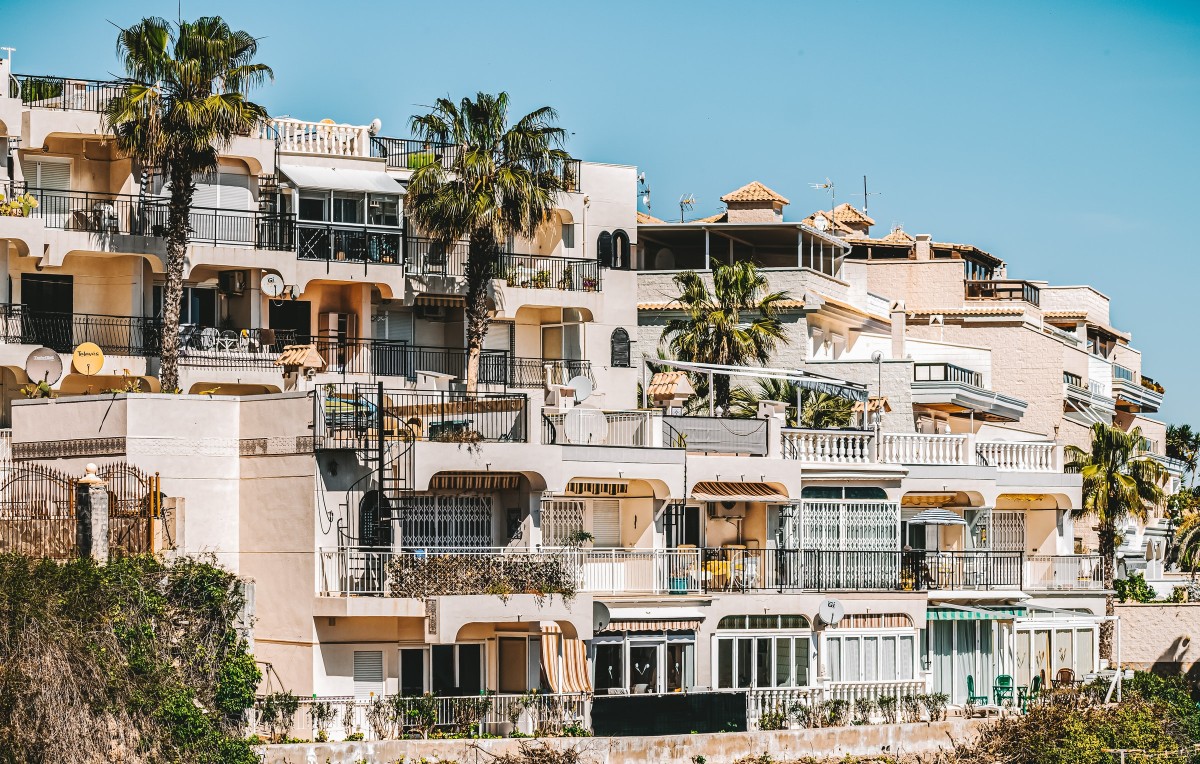
Having a second home can be a real blessing, especially in this atypical year when many families have decided not to travel too far to avoid catching the coronavirus, or in the case of many expats, a place in the sun to escape quarantine in their home country and even for working remotely. But, whether your holiday home is at the beach, in the mountains or in the middle of the city and whether it is to enjoy weekends or holidays, maintaining another home in addition to your main residence comes with a cost, and can be tricky if you live abroad. According to the OCU consumer council, the cost to maintain a second home is around 1,800 euros per year on average.
For this reason, it is important to avoid unnecessary expenses; so how can this be achieved? The experts at Ariston, a firm specialised in heating and hot water solutions, state that it is important to ventilate the property so that there are no humidity issues, to unplug electrical appliances and devices such as televisions when they are not being used and to invest in a good electric boiler, amongst other things. Let's have a look at the main things to consider in the maintenance of a second home according to the company:
Reduce energy costs
The company explains that simple actions such as unplugging all the appliances in the property when not in use (and not leaving anything on stand by), changing the lighting for low energy bulbs or buying high energy class electrical appliances can save you hundreds of euros throughout the year. Also, remember that poor management or choice of heating, air conditioning, boiler and even internet systems can cause infinite unnecessary costs.
Avoid humidity
One of the main problems of having a house closed for a long time is the appearance of humidity. Stains on the walls or simply the smell that damp gives off can be very difficult to remove if it is not done in time. To do this, the basic recommendation is to ventilate the house from time to time and therefore renew the air. If you live abroad or far away from the property, you may need a trusted neighbbour to do this for you.
Invest in a good electric boiler
"Sometimes spending a little more makes us save money in the future", says Ariston, who adds that "due to their capacity to adapt, easy installation and small dimensions, electric boilers stand out as the best solution for second homes. In addition, these boilers also allow us to be more environmentally friendly by not using fossil fuels to operate".
Invest in connectivity
Although at first sight it may seem an unnecessary expense, in the long term it can become a significant saving. In this sense, the company stresses that technology in the home not only allows for greater comfort, but also allows you to anticipate changes in climate. "Planning a trip and being sure that your second home is waiting for you in perfect condition, whether it's hot or cool, will help you focus on other tasks. In short, it will save you money in the long term, time and peace of mind that is priceless", the experts insist.
Make your home profitable
One way to avoid dampness and keep the house looked after is to rent it out, which also allows the owner to earn some additional income. As well as renting it out for a few weeks in the summer (a profitable alternative for a house on the coast, for example), another option is to rent it out at an affordable price during the months when you're not using the property, which means that you can get an extra budget that can be reinvested in improvements to the house.
All of these simple steps will help to reduce energy consumption, as well as maintenance time and costs of a second home at a time when having one has become a real luxury. "The rise teleworking has turned these summer or weekend homes into an alternative that is no longer only possible to enjoy on holiday. The health crisis has changed priorities when it comes to buying a second home in Spain: now space will be more important, the inclusion of rooms that can be adapted as a work space or customised interior design", acknowledges the study.